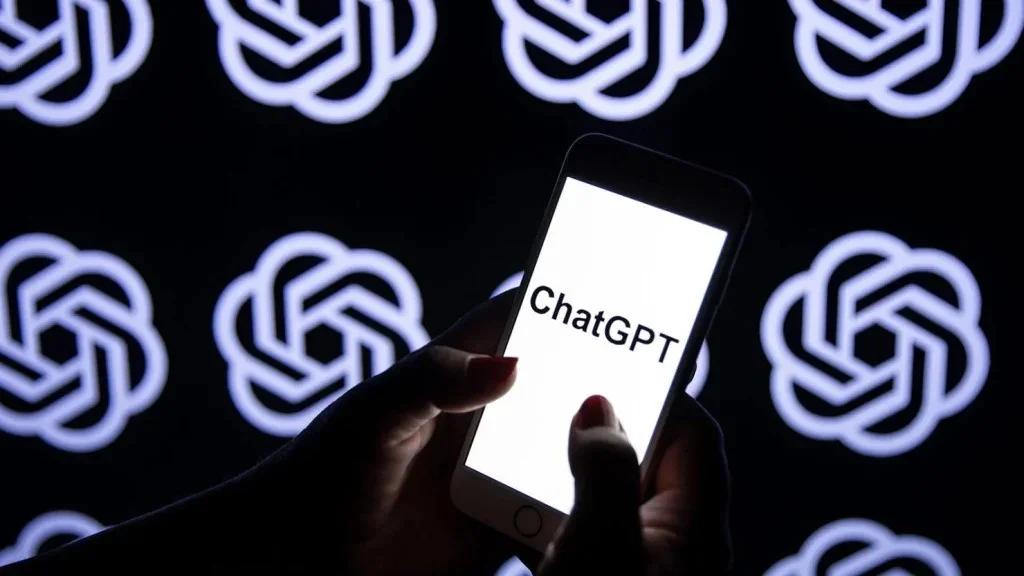OpenAI has announced a major update to its ChatGPT usage policy, set to take effect in December 2025. The company will begin allowing adult-oriented content for verified users aged 18 and above, a shift it describes as a move to “treat adults like adults.”
This new direction combines creative freedom with stronger safety measures, including a more advanced age-verification system and enhanced content controls to protect minors.
Verified Access for Adult Users
Starting December, only users who pass OpenAI’s age-verification process will gain access to adult-themed interactions on ChatGPT.
Although full details of the verification method are yet to be disclosed, the company assures that robust safeguards will be implemented to maintain responsible use.
OpenAI’s new policy follows the September launch of a ChatGPT version for minors, which automatically filters out explicit material and redirects underage users toward safer, educational content. This two-tiered approach aims to serve both adult creativity and child protection.
Customizable ChatGPT Personalities
In addition to the policy change, OpenAI is rolling out a more personalized ChatGPT experience.
Users will soon be able to adjust the chatbot’s tone and style, choosing between friendly, emoji-rich, or more human-like responses. These customization features are designed to make conversations more natural and user-focused.
OpenAI says the updates will enhance enjoyment without compromising its commitment to security and ethical AI use.
Smarter Age Detection with AI
To further protect young users, OpenAI is testing a behavior-based age prediction system. This tool analyzes users’ language patterns and activity to estimate age and redirect minors to safe environments automatically.
The technology builds on OpenAI’s goal of developing responsible AI systems capable of balancing freedom of expression with effective content regulation.
Addressing Past Controversies
OpenAI CEO Sam Altman commented on the update via X (formerly Twitter), noting that earlier 2025 content restrictions had made ChatGPT “less engaging” for many users.
Those restrictions were introduced after a tragic incident involving a California teenager’s suicide, which led to a lawsuit alleging the platform provided harmful advice. The case prompted OpenAI to tighten safety protocols earlier in the year.
Altman explained that the new framework is designed to restore engagement while maintaining user protection. It reflects the company’s ongoing effort to learn from past experiences and strengthen public trust in AI technology.
Industry and Regulatory Reactions
The policy change arrives as the U.S. Federal Trade Commission (FTC) investigates how AI platforms affect youth safety.
Experts say OpenAI’s adult-content approach anchored by strict verification, could set a benchmark for the wider tech industry. However, it also raises ethical questions about how AI companies should balance safety with freedom of expression.
As OpenAI prepares for the December rollout, its challenge remains clear: build a platform that supports creativity while upholding responsibility.
________________________________________________






